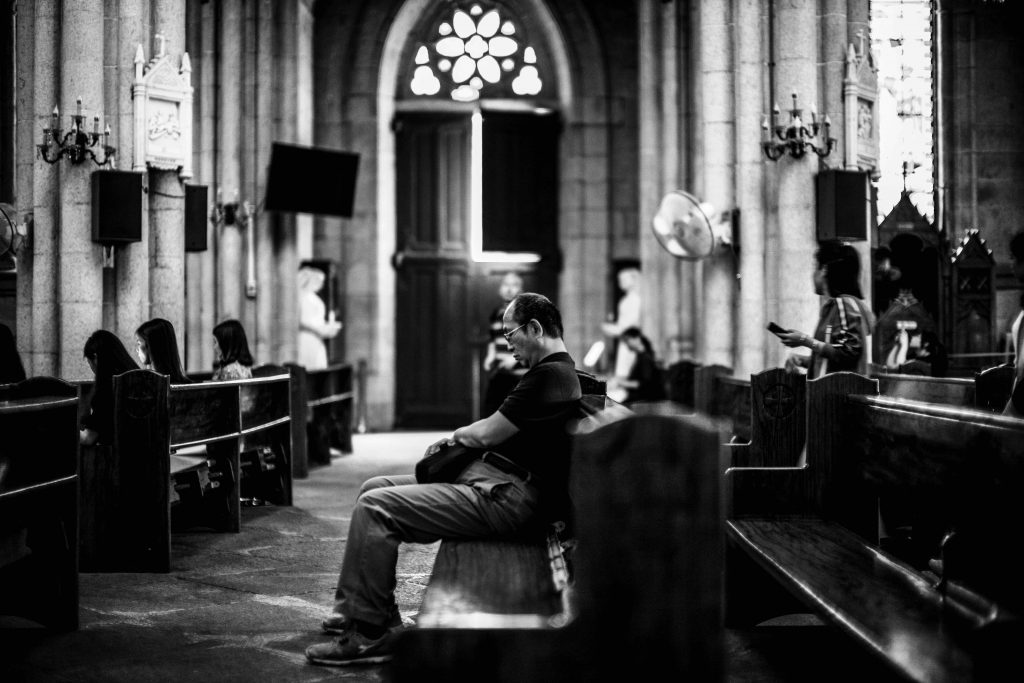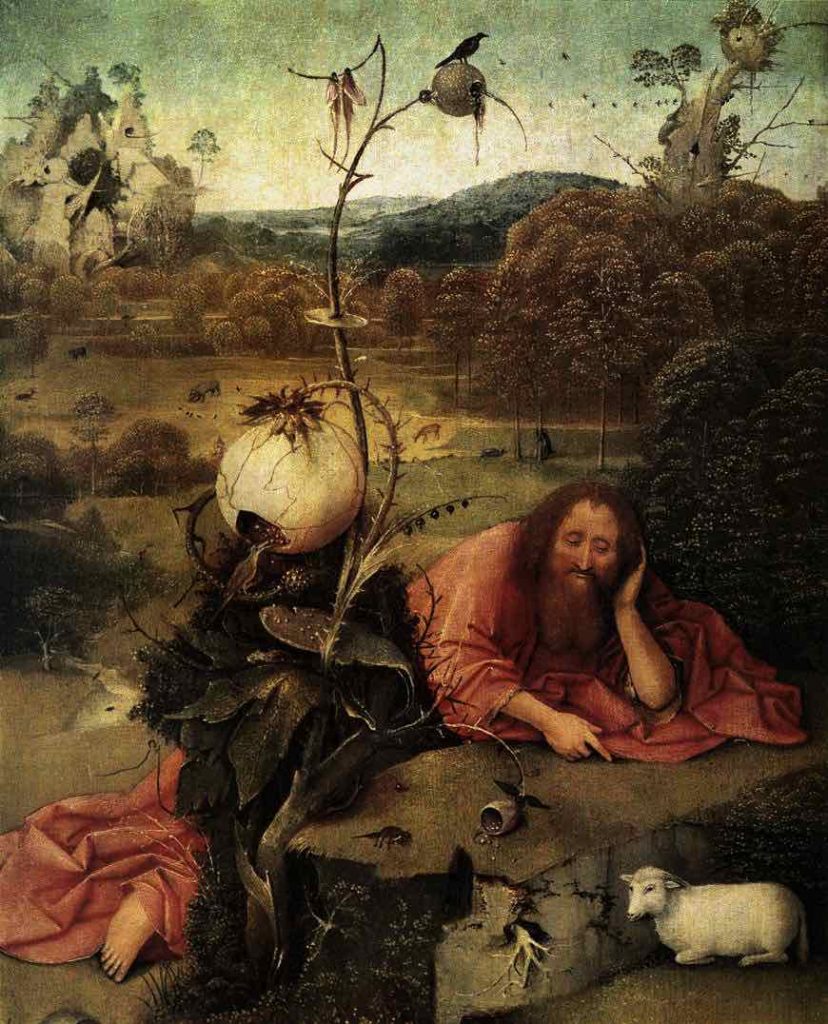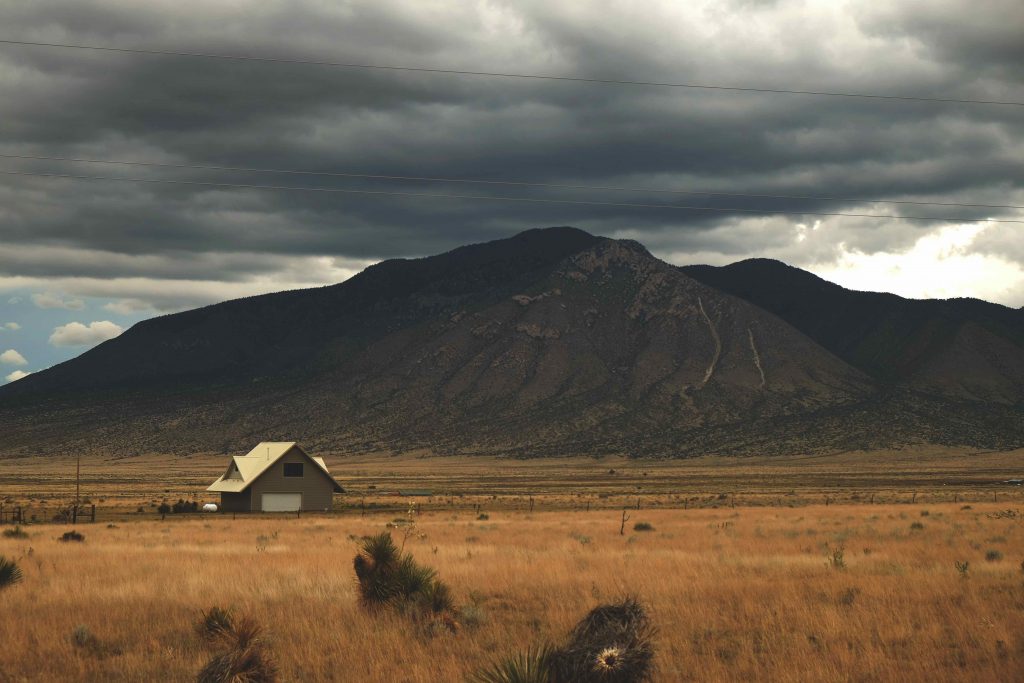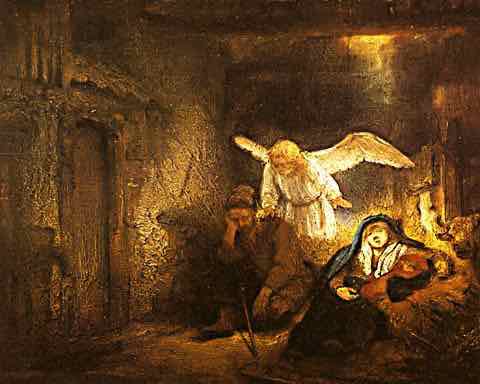
The New Testament is birthed and steeped in the Old, for both old and new covenants are with one and the same God. Matthew has shown us how Jesus arrived in fulfillment of prophesy, and how Jesus’ early days were in fulfillment of prophesy. Now Matthew’s account of Christ’s birth is finished. From Jesus the infant, he jumps immediately to Jesus the man, but not before inserting the account of John the Baptist, for the story of Christ is not complete without the story of John, and this is also in fulfillment of OT prophesy.
“In those days John the Baptist came, preaching in the Desert of Judea and saying, “Repent, for the kingdom of heaven is near.” This is he who was spoken of through the prophet Isaiah: “A voice of one calling in the desert, ‘Prepare the way for the Lord, make straight paths for him.’ ”
John is the last Old Testament prophet, and his ministry is the last of the old covenant ministries. That he preached in the desert is an immediate tip-off to all first century readers of that fact, for the whole of the Old Testament law had been given to the Jews in the desert. Moreover, David wrote many of his psalms in the wilderness and many of the prophets had ministered to the people of God in exile. John’s message too harkens back to Old Testament days. He mirrors Isaiah, who said, “This is what the Sovereign Lord, the Holy One of Israel, says: “In repentance and rest is your salvation, in quietness and trust is your strength.” And, ““The Redeemer will come to Zion, to those in Jacob who repent of their sins,” declares the Lord.”
Isaiah wasn’t alone in speaking of repentance. Repentance is a key theme for all the prophets. Jeremiah said, “If you repent, I will restore you that you may serve me.” Ezekiel said, “Therefore say to the house of Israel, ‘This is what the Sovereign Lord says: Repent! Turn from your idols and renounce all your detestable practices!” And, “Therefore, O house of Israel, I will judge you, each one according to his ways, declares the Sovereign Lord. Repent! Turn away from all your offences; then sin will not be your downfall. Rid yourselves of all the offences you have committed, and get a new heart and a new spirit. Why will you die, O house of Israel? For I take no pleasure in the death of anyone, declares the Sovereign Lord. Repent and live!” Indeed, God’s constant message was and is to turn from sin. The writer of 2Kings summed up His Voice to Israel, “The Lord warned Israel and Judah through all his prophets and seers: “Turn from your evil ways.”
Repentance is a continual theme in the Old Testament because it was a message desperately needed in those days. It is central to John’s message because it was desperately needed in John’s day. For how can anyone meet the coming Lord with gladness if they are not ready to meet with Him? For this same reason it is a message desperately needed in our day.
John cried out for repentance because repentance is the only path to readiness as we inevitably come to meet God. And we will come to meet Him – even if we run in the other direction. For He is coming to meet us, and nothing can stop Him from doing so. Repent!
It is not the absence of sin but the grieving over it which distinguishes the child of God from empty professors
AW Pink
APPLICATION: Repentance
Today, purpose to spend some time asking the Spirit to search you that you might put more of your old self to death in repentance and be more like Christ today than you were yesterday. Until that day we are made perfect before Him there is always more to repent of, and always some slight bent we had not noticed prior.









